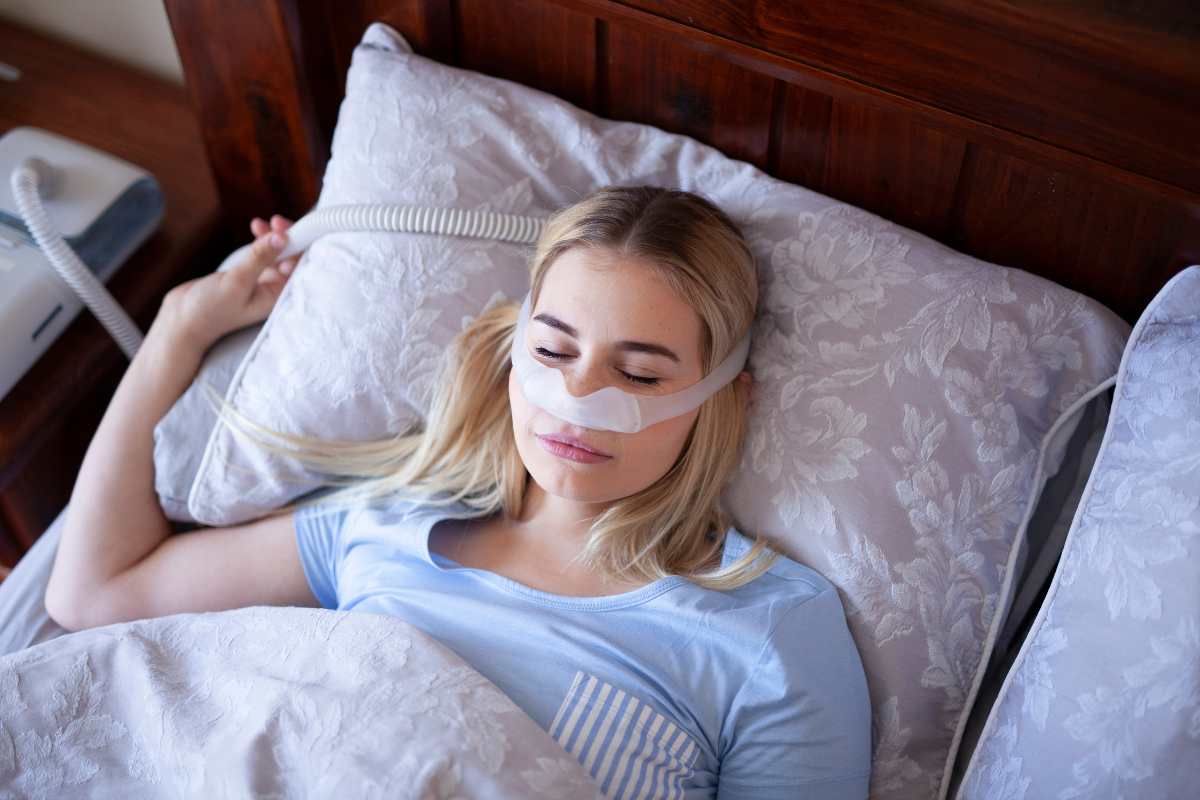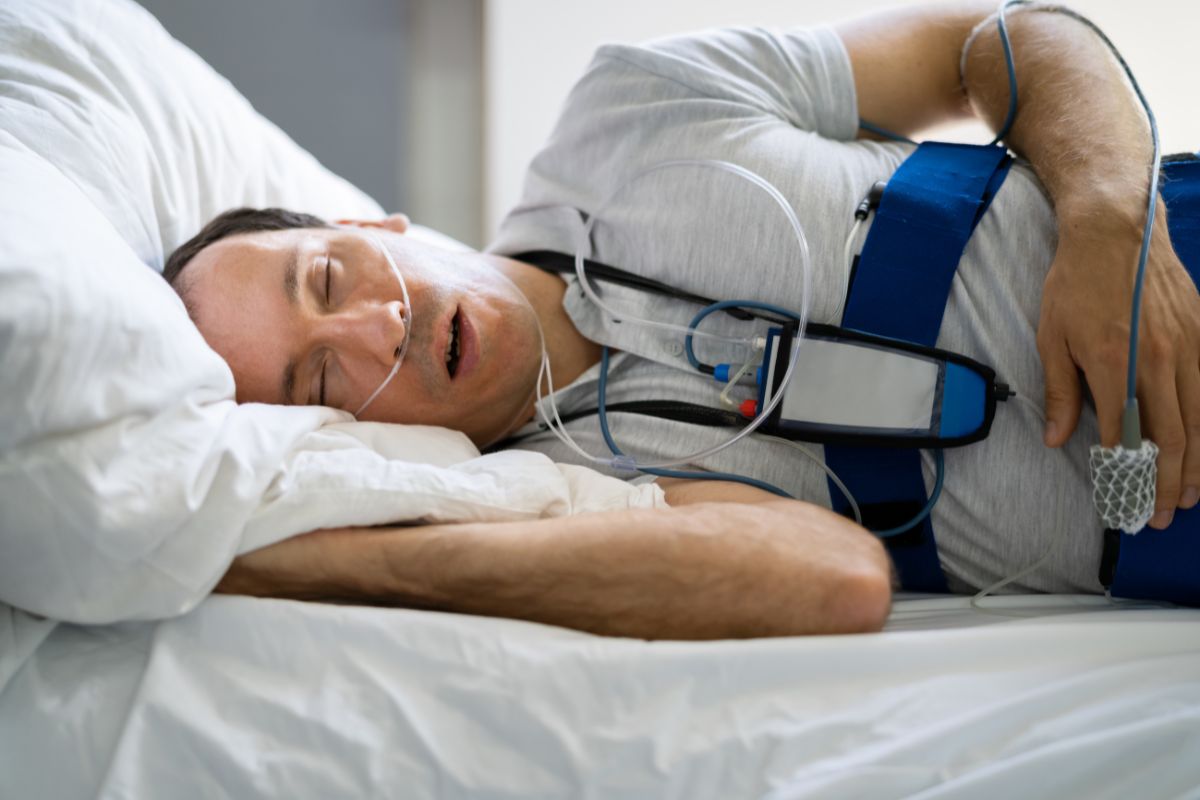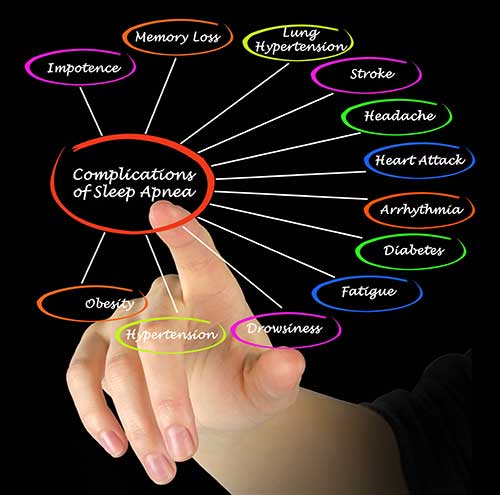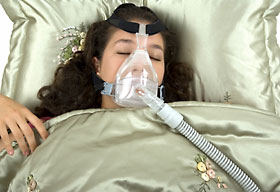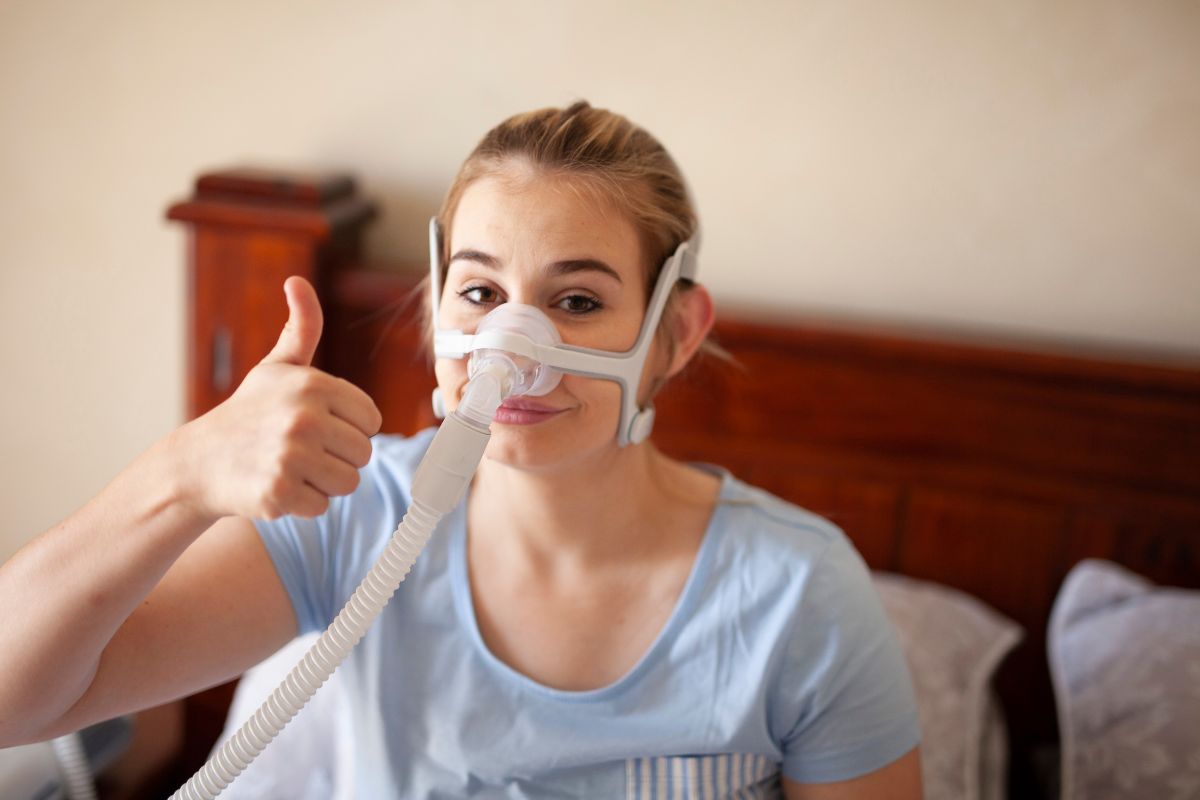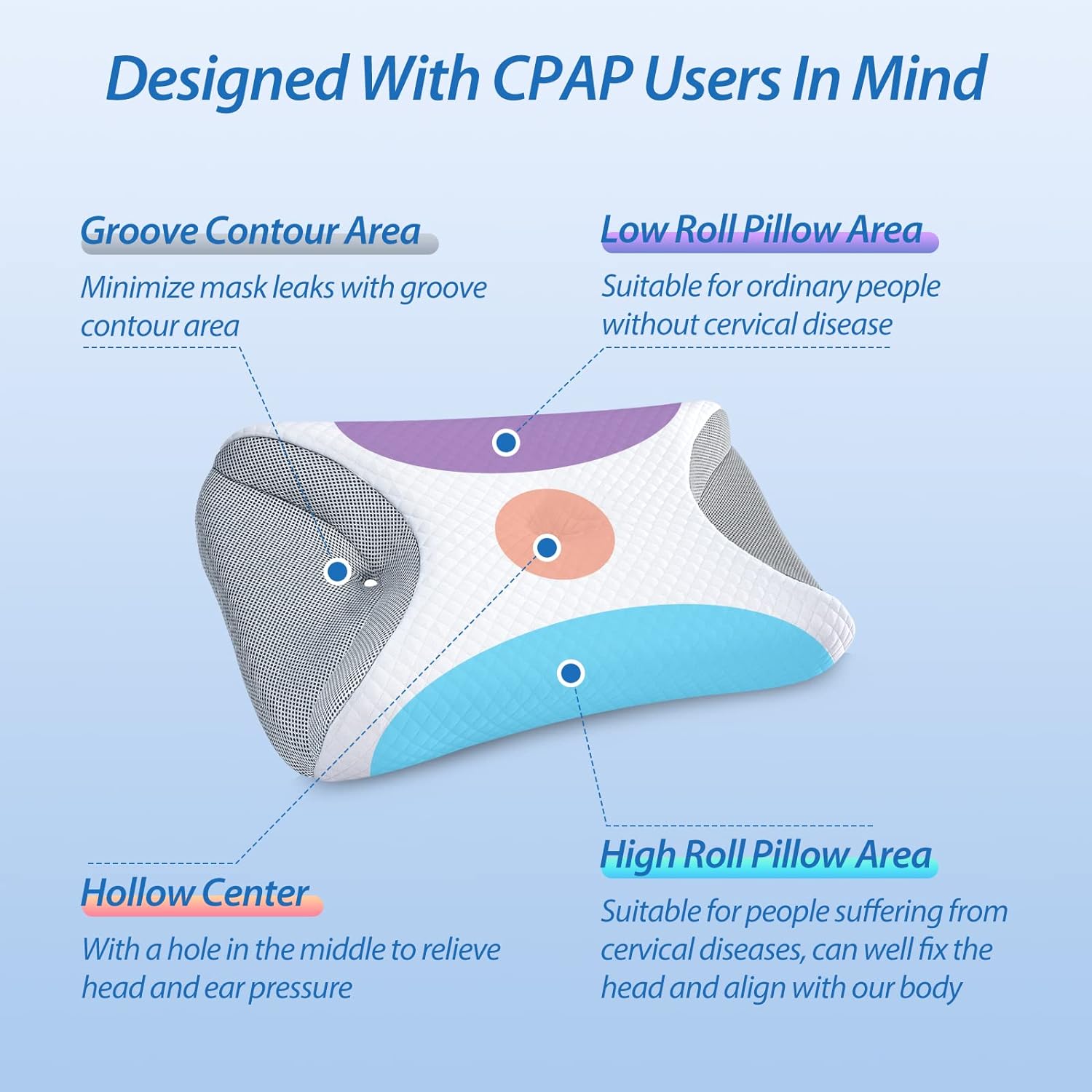Linking sleep apnea and diabetes may not seem to make sense, but believe it or not there is a distinct connection between the two.
Understanding this connection and taking steps to control sleep apnea can go a long way toward properly managing type-2 diabetes. The more doctors look into the effects of sleep apnea, the more they begin to realize just how much of a threat it poses to diabetic patients and the more they encourage taking sleep apnea seriously.
There are several forms of sleep apnea but the most common is obstructive sleep apnea, or OSA. In this type, the airway is partially or even completely blocked during sleep, causing loud snoring or even making the sufferer temporarily jolt awake as they gasp for air. This can happen multiple times each night, resulting in a myriad of side effects including exhaustion, irritability and increased stress levels.

Sleep apnea, diabetes and Obesity
When it comes to sleep apnea and diabetes there are several factors that link the two. The most obvious is obesity. Obese individuals are far more likely to develop diabetes and they are also at significantly greater risk for developing sleep apnea as excess stores of fat can contribute to the blocking of air passages during sleep. But the connection between the two conditions goes far deeper than this.
It is the heightened stress caused by repeatedly losing the ability to breathe that causes the real problem for diabetics. Each time an individual experiences one of these OSA episodes, it puts your body into panic mode, commonly known as the “fight or flight” effect. At these times, the body releases stress hormones that in turn raise blood glucose levels. Over time, these increased blood glucose levels can contribute to insulin intolerance, a major factor in type-2 diabetes.

Taking The Connection Between Sleep Apnea And Diabetes Seriously
When you consider the fact that more than 18 million Americans are believed to suffer from OSA, it is no surprise that doctors are taking this connection between sleep apnea and diabetes seriously.
Diabetes can have a devastating effect on the body and be a contributing factor to heart attack, high blood pressure and stroke. So anything like sleep apnea that worsens diabetes symptoms cannot be overlooked.
So how do you know if you have OSA?
That can be difficult to ascertain since most people with the condition aren’t even aware that their sleep is being disturbed multiple times each night.
If you suspect that something may be affecting your sleep patterns, you can assess your level of risk by considering if you snore loudly, if you are frequently tired, if anyone has actually observed you stop breathing during your sleep and if you are currently being treated for high blood pressure.
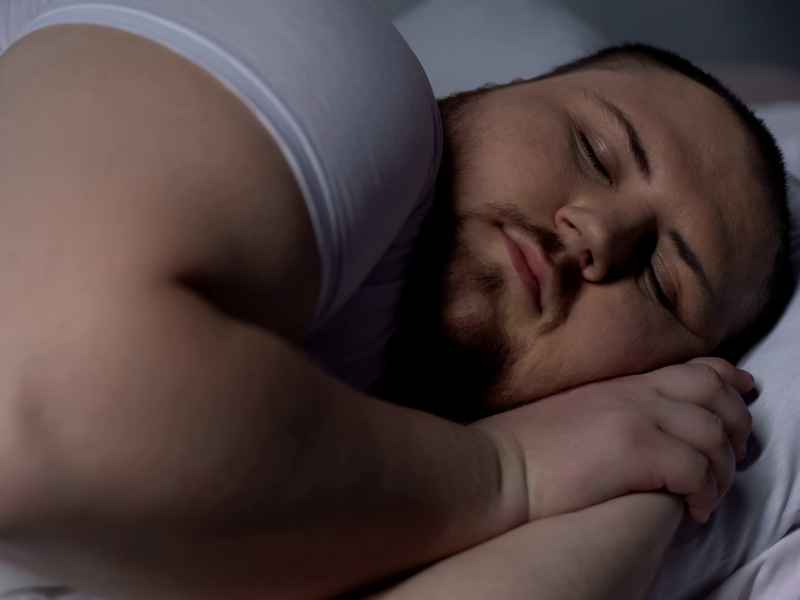
If you have a positive response to two or more of these factors, it is likely that you are suffering from sleep apnea and you should consult your doctor for a proper diagnosis.
Once your doctor determines if you indeed have OSA, then together you can discuss your best options for treatment. Obviously this is a particularly important step to take if you have diabetes or are at risk for the disease.
The connection between sleep apnea and diabetes is not something to be taken lightly. Controlling your OSA can go a long way toward helping you to better manage your type-2 diabetes and enjoy a healthy, productive life, so talk to your doctor right away and don’t delay in getting treatment.
Related Link:
American Diabetes Association: Sleep Apnea
Canadian Diabetes Association: Stress Management & High Blood Pressure


